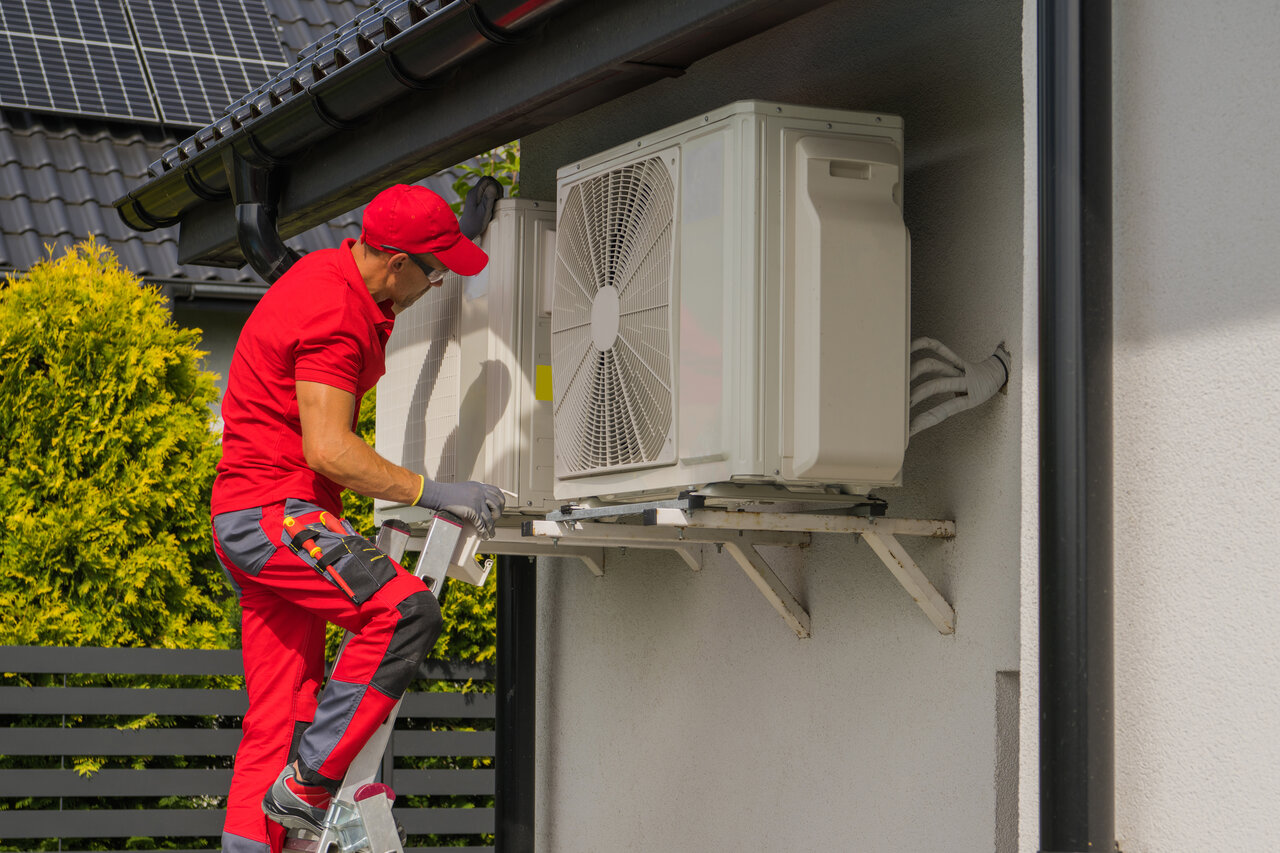A comfortable home environment often relies on the efficiency of a well-functioning HVAC system. When your HVAC system starts to age, it can lead to a range of inconveniences and discomforts in your home. An older system might struggle to maintain the desired temperature, resulting in inconsistent heating or cooling throughout your living spaces. This inconsistency not only disrupts the comfort of your home but can also burden your energy bills and lead to more frequent maintenance needs.
HVAC systems, like all appliances, have a lifespan. Over time, they lose efficiency, leading to increased operating costs and possible unexpected breakdowns. Living with an outdated system can be frustrating, especially when trying to keep your home comfortable year-round. By recognizing the signs of an aging HVAC system, you can make proactive decisions about replacements and upgrades, ensuring your home remains a pleasant and efficient space.
Decreased Efficiency and Higher Energy Bills
As HVAC systems get older, they tend to use more energy to perform the same tasks they once did effortlessly. This drop in efficiency is one of the most noticeable signs that a system might need upgrading. You might find that your energy bills have been creeping up despite no significant changes in usage habits. This can be a clear indicator of an overworked system struggling to heat or cool your home effectively.
Key signs of decreased efficiency include:
– Longer run times: Your HVAC unit may stay on for extended periods without significantly affecting the indoor temperature.
– Frequent cycling: The system turns on and off more often than normal, indicating it’s working harder than necessary.
– Increased energy bills: A steady rise in energy costs without additional usage signals inefficiency.
Addressing these issues sooner rather than later can save you from the higher operational costs associated with an inefficient system. Replacing an aging system not only restores comfort but also brings the advantage of reduced energy consumption, ultimately saving you money on monthly bills. Identifying when it’s time for an upgrade can help maintain a comfortable home environment and ease the financial burden of high utility costs.
Frequent Repairs and Rising Maintenance Costs
Another challenge with an aging HVAC system is the increasing frequency of repairs. As your system ages, parts begin to wear out and fail, resulting in more frequent breakdowns. If you notice that what was once a rare occurrence has turned into regular service calls, it’s a sign that your HVAC system may be nearing the end of its life. Beyond the inconvenience, these frequent repairs can add up quickly. Every repair is an additional cost, and eventually, the cost of repairs may outpace the cost of investing in a new system.
You might also hear unusual noises coming from the unit, like banging, clanking, or hissing, indicating internal issues that often require expert intervention. Similarly, if you detect coolant leaks or notice that your system is constantly running without efficiently cooling or heating your home, these are strong signals that the system is no longer operating at its best.
Inconsistent Temperature and Poor Air Quality
An aging HVAC system often struggles to maintain consistent temperatures across your home, leading to hot and cold spots in different rooms. This inconsistency can make certain areas of your home uncomfortable and hard to enjoy. In addition to temperature woes, an older system may negatively impact the air quality inside your home. Dust, allergens, and pollutants become more prevalent if the system’s filters and ventilation aren’t working effectively. This decline in air quality can affect allergy sufferers and anyone with respiratory issues, causing more frequent discomfort.
Modern Features and Benefits of Upgrading
Upgrading to a new HVAC system comes with many advantages that enhance your home’s comfort and efficiency. Newer systems are designed to be more energy-efficient, often equipped with the latest technology to better regulate your home’s temperature while consuming less energy. This means lower energy bills and a more eco-friendly choice for your household.
Additionally, modern HVAC systems come with advanced features, like smart thermostats and zoned heating and cooling, which allow for better temperature control and can be tailored to meet the specific needs of each room. Improved filtration systems in contemporary units also ensure cleaner air circulation, benefiting your family’s health and comfort.
Ensuring Comfort and Reliability Year-Round
Recognizing when it’s time to upgrade your HVAC system is essential for maintaining a comfortable and enjoyable home environment. A new HVAC system doesn’t just promise consistent temperature management; it provides peace of mind knowing that your home will stay comfortable throughout the year without unexpected breakdowns or skyrocketing energy bills. A reliable system is key to enjoying all seasons comfortably, particularly in places like Folsom where the demand can be substantial.
For homeowners in Folsom, upgrading to a modern HVAC system offers the chance to improve not only comfort but also the efficiency of home climate control. Embracing a new system can significantly enhance your daily living experience and relieve many of the frustrations associated with an aging unit’s inefficiencies and inconvenient repairs.
If rising repair costs and inconsistent home temperatures have you considering an upgrade, exploring HVAC replacement in Folsom can help bring lasting comfort and improved efficiency to your home. Upgrading your system means addressing issues like increased energy bills and frequent breakdowns while welcoming modern features that promote better air quality and reliable climate control. Scotty’s Heating & Air brings years of experience in handling these challenges. For a quick estimate or to book a service visit, please contact us today.

